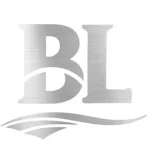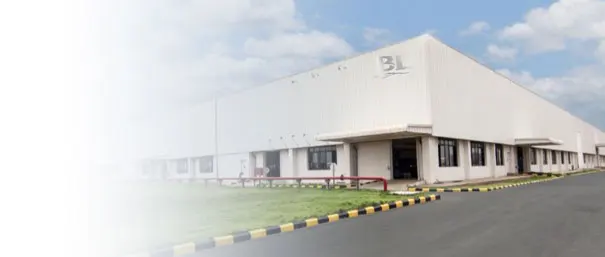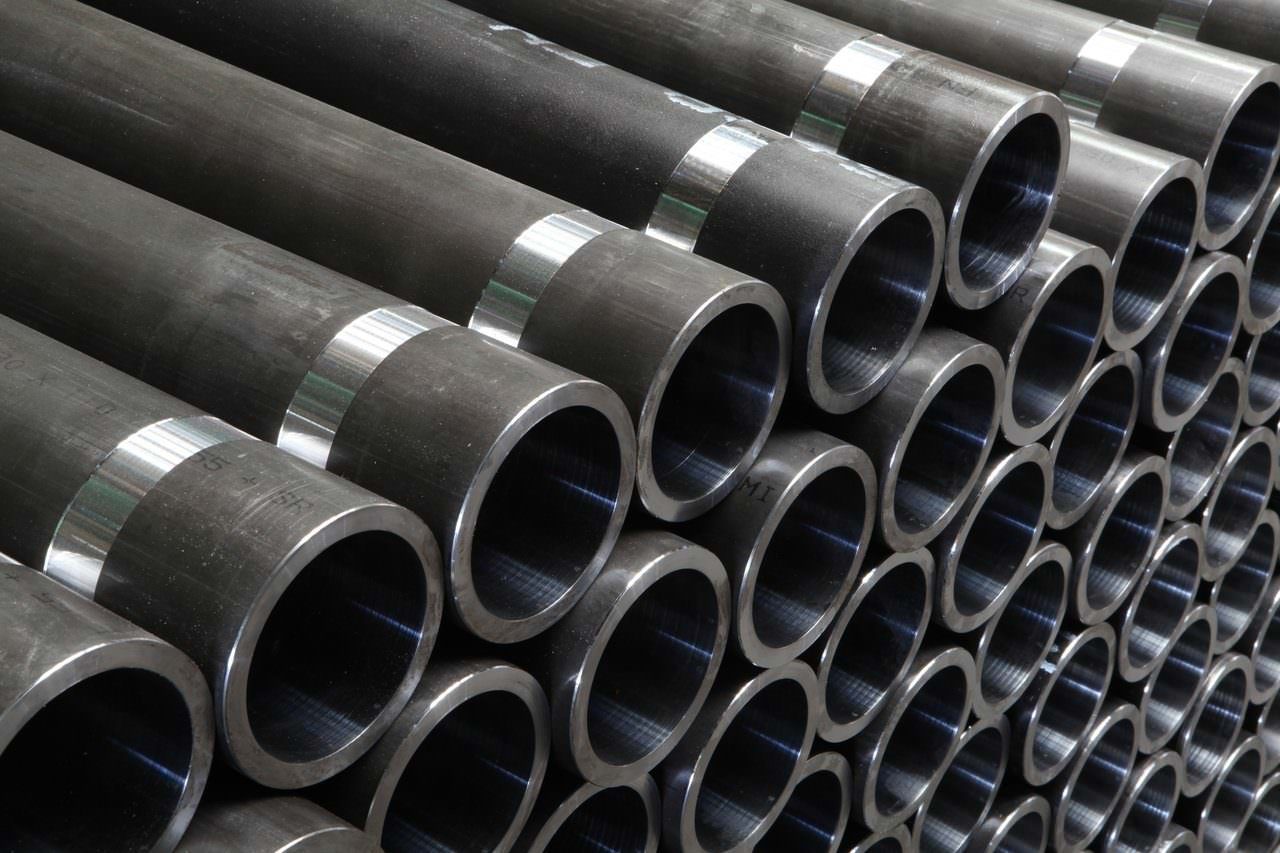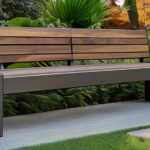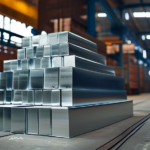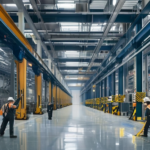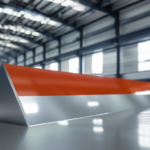ERW Carbon Steel Pipes Schedule 40: A Comprehensive Guide to Plumbing Applications and Installation
In the vast landscape of modern infrastructure, few components are as foundational as piping systems. Among the diverse materials available, ERW Carbon Steel Pipes Schedule 40 stand out as a cornerstone for a myriad of plumbing and industrial applications. This comprehensive guide delves into the specifics of these robust pipes, exploring their manufacturing process, their unique advantages, critical applications in plumbing, and essential installation considerations. Understanding their role is crucial for engineers, contractors, and anyone involved in building reliable and efficient fluid conveyance systems.


Understanding ERW Carbon Steel Pipes
ERW stands for Electric Resistance Welded. This manufacturing process involves cold-forming a steel strip into a cylindrical shape, and then welding the edges together longitudinally by passing a high-frequency electric current across them. The heat generated by the resistance fuses the edges, creating a strong, clean seam without the addition of filler material. This method ensures a consistent wall thickness and a smooth internal and external surface, which is crucial for efficient fluid flow and reduced pressure drop.
Carbon steel, the material base for these pipes, is an iron alloy with a carbon content up to 2.1% by weight. Its primary advantages include excellent strength, durability, and cost-effectiveness. These properties make it an ideal choice for applications requiring high structural integrity and resistance to physical stress.
Decoding Schedule 40: What It Means for Plumbing
The term “Schedule” (Sch) refers to the pipe’s wall thickness, which directly influences its pressure rating and structural robustness. Schedule numbers are standardized by organizations like ANSI (American National Standards Institute) and ASME (American Society of Mechanical Engineers). Schedule 40 is a common and widely used schedule for many applications, signifying a specific wall thickness relative to the pipe’s nominal pipe size (NPS).
For a given NPS, a higher schedule number indicates a thicker wall, leading to increased strength, higher pressure capacity, and greater resistance to external forces. Schedule 40 pipes strike an excellent balance between cost, weight, and performance, making them versatile for a wide range of plumbing scenarios without being excessively heavy or expensive. This balance is a key reason why carbon steel pipes, particularly in Schedule 40, are so prevalent.
Key Plumbing Applications of Schedule 40 Carbon Steel Pipes
The robust nature and favorable cost-to-performance ratio of ERW Carbon Steel Schedule 40 pipes make them indispensable in numerous plumbing applications, both residential and industrial:
- Water Supply Lines (Non-Potable): While not typically used for potable (drinking) water due to potential corrosion and taste issues, they are widely used for treated, non-potable water systems, especially in commercial and industrial settings, for purposes like irrigation, cooling towers, and process water.
- HVAC Systems: These pipes are excellent for heating, ventilation, and air conditioning systems, handling the circulation of hot and chilled water efficiently. Their ability to withstand varying temperatures and pressures is crucial here.
- Fire Sprinkler Systems: ERW carbon steel pipes are a standard choice for fire protection systems due to their high melting point, strength, and ability to handle the pressure required to deliver water to sprinklers.
- Drainage and Waste Systems (DWV): For robust industrial or large-scale drainage applications where mechanical strength and impact resistance are prioritized, these pipes offer significant advantages.
- Gas Lines: In many regions, black carbon steel pipes are the preferred material for natural gas and propane distribution due to their inherent strength and rigidity, which minimize the risk of leaks and damage.
- Industrial Process Piping: They are extensively used in manufacturing plants for conveying steam, compressed air, oils, and other industrial fluids, where durability and resistance to harsh operating conditions are paramount.
Advantages in Plumbing and Beyond
- Exceptional Strength & Durability: Carbon steel provides high tensile strength, making the pipes resistant to external impacts, bending, and deformation, ensuring a long service life.
- Cost-Effectiveness: Compared to stainless steel or certain non-ferrous alloys, carbon steel is significantly more economical, making it a preferred choice for large-scale projects where budget is a consideration.
- High Pressure and Temperature Resistance: Schedule 40 pipes can withstand considerable internal pressure and temperature fluctuations, crucial for various industrial and HVAC applications.
- Ease of Fabrication and Joining: Carbon steel pipes can be easily cut, threaded, welded, or mechanically joined, allowing for flexible and efficient installation.
- Wide Availability: Due to their widespread use, ERW Carbon Steel Schedule 40 pipes are readily available globally, streamlining procurement processes.
Installation Considerations and Best Practices
Proper installation is critical for the longevity and performance of any piping system. For ERW Carbon Steel Schedule 40 pipes, several factors require careful attention:
- Cutting: Pipes should be cut cleanly and squarely using appropriate tools, such as pipe cutters or saws. Burrs should be removed to ensure proper fit-up and prevent turbulence.
- Joining Methods:
- Threading: Common for smaller diameter pipes and lower pressure applications. Threads must be clean and free of defects, with appropriate sealing compounds or tape.
- Welding: Offers the strongest and most permanent joint for high-pressure and high-temperature systems. Requires skilled welders and adherence to specific welding procedures to maintain weld integrity.
- Grooving & Mechanical Couplings: A popular method for quicker installation. Grooves are rolled or cut into the pipe ends, and mechanical couplings with gaskets are used to join sections, allowing for some flexibility and easier disassembly.
- Corrosion Protection: Since carbon steel is susceptible to rust, external and internal corrosion protection is vital. This includes painting, galvanizing, or applying protective coatings. For internal surfaces, liners can be used, especially in water-bearing applications. BaoLi Iron & Steel Co.,Ltd offers a comprehensive range of galvanized steel products, which provide excellent corrosion resistance.
- Support and Hangers: Proper support spacing is essential to prevent sagging, minimize stress on joints, and accommodate thermal expansion and contraction. Guidelines for hanger spacing vary based on pipe size and application.
- Pressure Testing: After installation, the system must be hydrostatically or pneumatically tested to ensure leak-free operation at design pressure. This is a critical step to verify the integrity of all joints and pipe sections.
Maintenance and Longevity
While inherently durable, ERW Carbon Steel Schedule 40 pipes benefit from regular maintenance to maximize their lifespan. This includes periodic inspections for signs of external corrosion, damage, or leaks. Reapplying external coatings as needed and ensuring proper system pH and chemical treatments for internal fluids can significantly extend the service life of these systems. With proper care, they can serve reliably for decades.
Choosing the Right Supplier: BaoLi Iron & Steel Co.,Ltd
The performance and reliability of ERW Carbon Steel Schedule 40 pipes ultimately depend on the quality of the raw materials and the precision of manufacturing. Choosing a reputable supplier is paramount. BaoLi Iron & Steel Co.,Ltd, a leading steel manufacturer based in China, specializes in providing a full spectrum of high-quality steel products, including robust carbon steel pipes, ideal for your most demanding plumbing and industrial applications.
BaoLi Iron & Steel is committed to being a trusted partner in the steel sector. We pride ourselves on:
- Uncompromising Quality Assurance: We implement a stringent quality control system, ensuring our products meet the highest international standards and achieve “100% customer satisfaction.”
- Customization Services: Understanding that every project has unique requirements, we offer tailored solutions, adjusting dimensions, specifications, and performance to align perfectly with your needs.
- Expert Technical Support: Our seasoned professional team provides invaluable guidance on steel selection, application, and optimization, ensuring you make informed decisions.
- Global Service Reach: From production to logistics and contract management, our services span the globe, making us a reliable partner for international clients.
- Diverse Product Range: Beyond ERW carbon steel pipes, our offerings include stainless steel, galvanized steel, and various profiles like plates, wires, rods, and coils, catering to diverse sectors like construction, automotive, and general manufacturing.
Partnering with BaoLi Iron & Steel means ensuring your projects are built on a foundation of professional, reliable, and high-quality steel, tailored to your specifications.
Conclusion
ERW Carbon Steel Pipes Schedule 40 represent a critical component in modern plumbing and industrial piping. Their strength, cost-effectiveness, and adaptability make them an indispensable choice for a wide array of applications, from intricate HVAC systems to robust fire protection networks. By understanding their manufacturing process, appropriate applications, and adhering to best installation practices, engineers and contractors can harness the full potential of these reliable pipes. With the right quality and supplier, such as BaoLi Iron & Steel Co.,Ltd, these pipes will continue to form the resilient backbone of essential infrastructure worldwide.
Key Specifications
- Standards and grades
- Dimensions and tolerances
- Surface finish
- Certificates (MTC)
Applications
Construction, machinery, energy and general fabrication — match material and finish to the operating environment.

